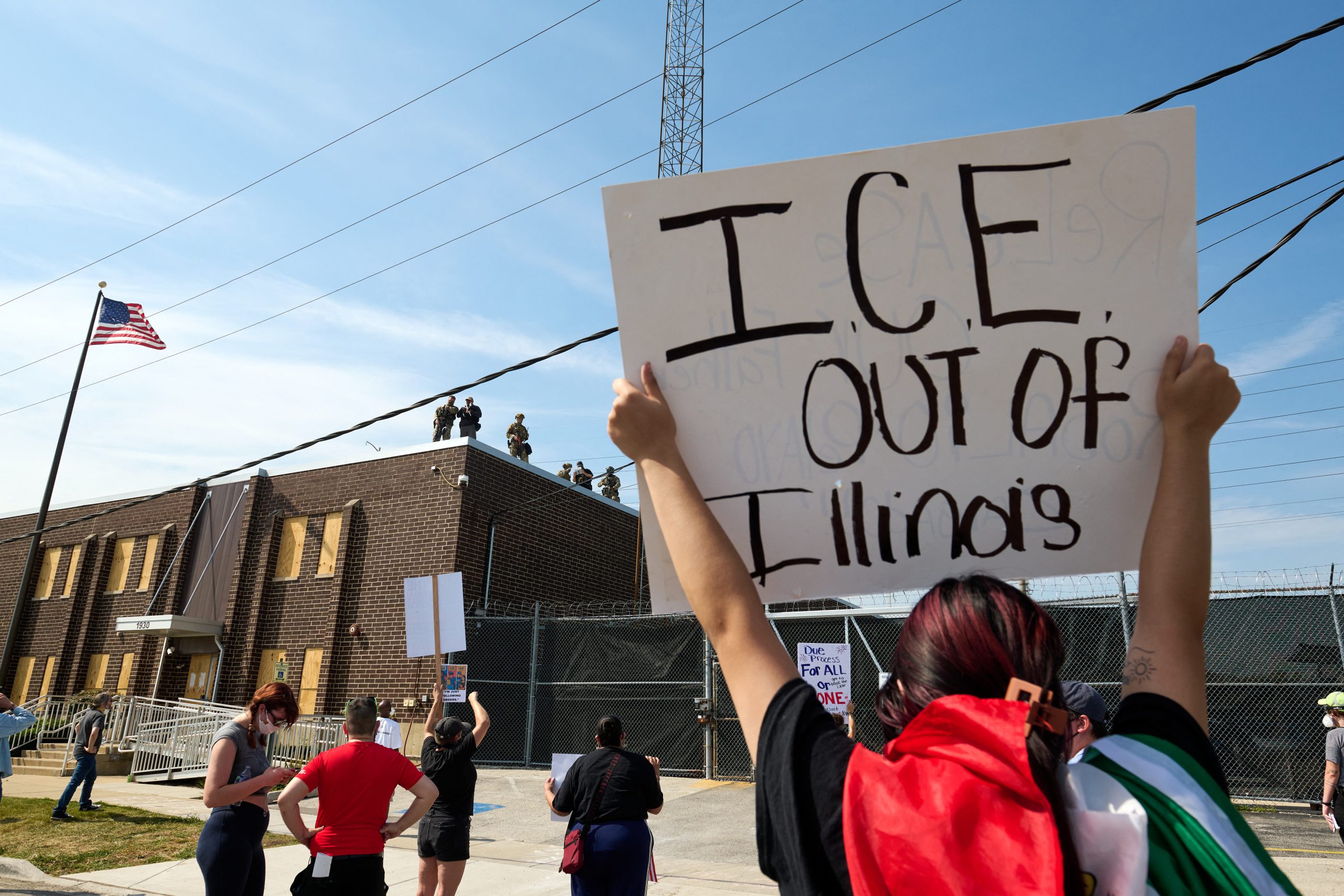ICE Under Fire: Dallas Shooting Ignites Immigration Debate
The tragic shooting at a Dallas immigration facility last week, which resulted in the death of at least one migrant detainee, has thrown the already contentious debate surrounding immigration and the role of Immigration and Customs Enforcement (ICE) into sharp relief. The incident, occurring amidst a backdrop of escalating tensions and violence linked to the Trump administration’s mass deportation efforts, has reignited calls for reform, defunding, and even the abolition of the agency.
A Flashpoint of Controversy
For years, ICE has been at the heart of the immigration debate, tasked with enforcing immigration laws and carrying out deportations. Critics argue that the agency’s actions have led to the separation of families, the mistreatment of detainees, and the erosion of due process. The Dallas shooting has become a rallying cry for those who believe ICE’s methods are inhumane and that the agency’s very existence perpetuates a system of injustice.
Republicans have condemned the Dallas shooting as an act of violence inspired by left-wing rhetoric against law enforcement. They view ICE as a necessary tool for maintaining border security and enforcing immigration laws, arguing that criticisms of the agency are unwarranted and undermine its ability to carry out its mission.
The Future of ICE
The shooting in Dallas has intensified the scrutiny of ICE and its operations, further polarizing the debate around immigration policy. Calls for reform are growing louder, with some advocating for a complete overhaul of the agency and its practices. The debate over ICE’s future is likely to remain a central issue in American politics for the foreseeable future, with the potential to significantly impact immigration policy and the lives of millions of immigrants in the United States.
The incident serves as a stark reminder of the human cost of the immigration debate and the urgent need for a comprehensive and compassionate approach to immigration reform. It also highlights the deep divisions within American society regarding immigration and the role of law enforcement in enforcing immigration laws. Finding common ground and forging a path forward will require a willingness to engage in open and honest dialogue, listen to diverse perspectives, and prioritize the human rights and dignity of all individuals, regardless of their immigration status.
Conclusion
The Dallas shooting has served as a catalyst, bringing the simmering tensions surrounding ICE and immigration policy to a boil. The incident underscores the urgent need for a national conversation about the future of immigration enforcement and the values that should guide our approach to immigration policy. The path forward requires addressing the underlying issues that fuel the debate, including concerns about border security, economic opportunity, and human rights, to find lasting solutions that reflect our shared values as a nation.
Based on materials: Vox





